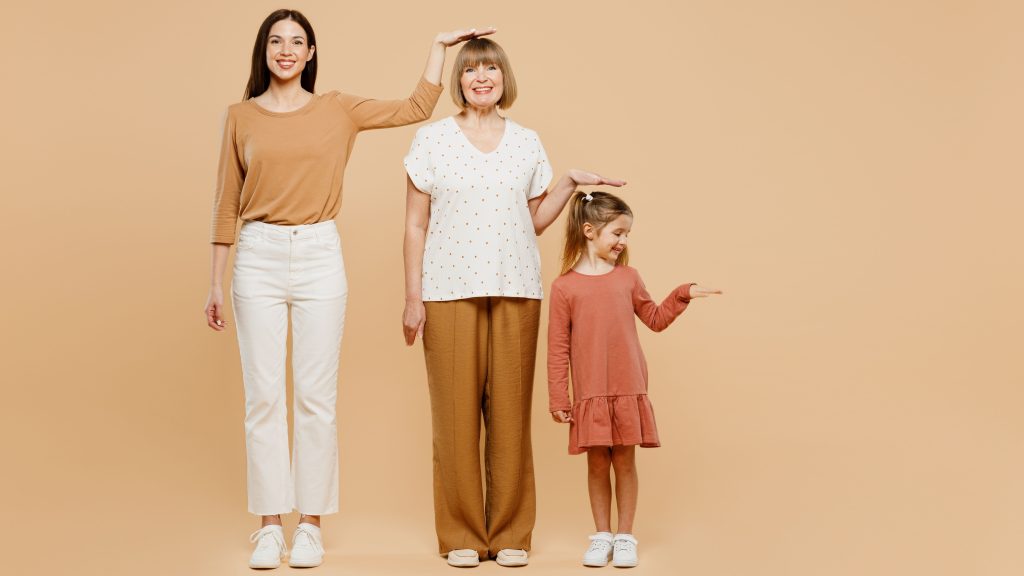Have you noticed someone getting shorter as the years slip by?
Others are reading now
As we age, many of us notice that we begin to shrink, losing a few inches in height.
This isn’t just a trick of the eye—there are real biological reasons behind this phenomenon.
According to a study published in the Journal of Bone Metabolism, our bones, cartilage, and muscles all undergo changes that contribute to this loss of height.
Bones Breaking Down
Bones are constantly being renewed throughout our lives, but as we get older, this process slows down.
Also read
Around the age of 30, bone growth plateaus, and by the time we hit our 40s and 50s, our bones start losing mass faster than the body can replace it.
This loss of bone density weakens the structure of our bones, making them more susceptible to small fractures, particularly in the spine. When these tiny fractures accumulate, they can lead to conditions like osteoporosis, where bones become thin and brittle, contributing to height loss.
Cartilage Thinning
Another factor is the cartilage that cushions our joints and the disks between our vertebrae.
Over time, this cartilage can thin out or get damaged, especially if it’s been subjected to injuries or just wear and tear over the years. When the disks in our spine shrink, it causes the spine to compress, leading to a reduction in height.
Muscle Loss
Muscles also play a crucial role in maintaining our height.
As we age, muscles can weaken and waste away—a condition known as sarcopenia. With less muscle mass, our bodies lose some of the support that helps keep us upright, which can contribute to a stooped posture and further loss of height.
Height loss isn’t just a cosmetic issue; it can be an early warning sign of more serious health problems.
Studies published in the scientific journal Nature have shown that a significant loss in height is linked to conditions like cardiovascular disease and respiratory issues. If you notice that you or someone you know is getting shorter, it’s a good idea to talk to a doctor, as it might indicate underlying health issues.
While aging is inevitable, there are steps you can take to slow down the process of shrinking.
Regular physical activity, especially strength training, can help maintain muscle mass and support bone health. A healthy diet rich in calcium and vitamin D can also support bone density, helping to keep you standing tall for longer.


